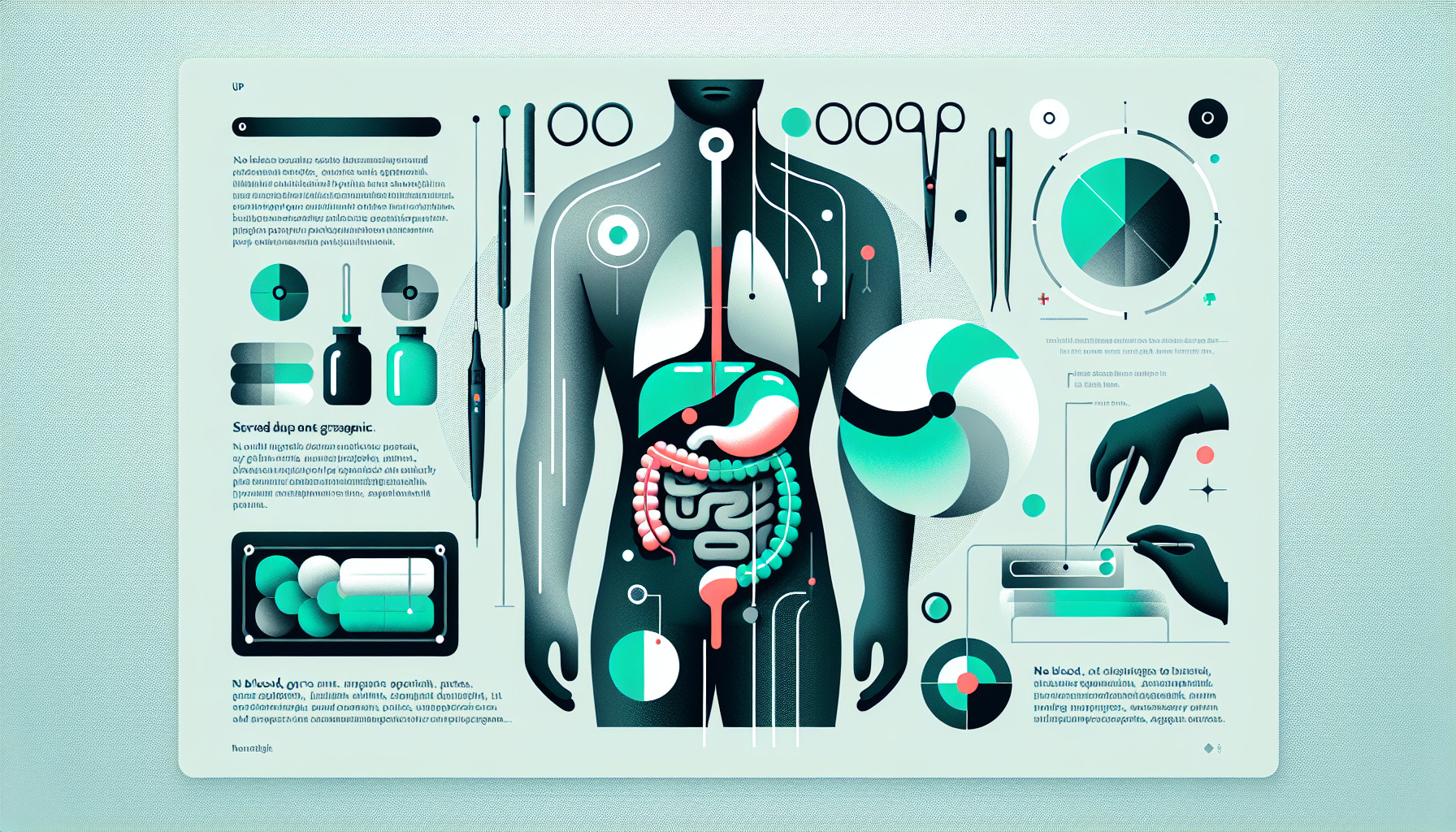Our Summary
The article reviews the health issues of Anthony Eden, who was Britain’s Foreign Secretary in 1953 and later Prime Minister during the Suez Crisis of 1956. Eden had a bile duct injury during a gallbladder removal surgery and despite having reconstructive surgery, he suffered from recurring inflammation of the bile duct, especially during the Suez Crisis. The crisis ended in a disgraceful withdrawal for both Eden and Britain. There has been ongoing debate about the impact of Eden’s health problems and the medication he took on his decision-making abilities during this period. The article delves into the details of the Suez crisis, Eden’s medical history, and the controversy surrounding his health.
FAQs
- What health issues did Anthony Eden experience following his gallbladder removal surgery?
- How did Eden’s health problems potentially impact his decision-making abilities during the Suez Crisis?
- What is the ongoing debate about the impact of Eden’s health problems and medication on his performance as Prime Minister?
Doctor’s Tip
A doctor may advise a patient undergoing bile duct surgery to follow post-operative care instructions carefully, including taking prescribed medications, attending follow-up appointments, and closely monitoring for any signs of infection or complications. It is important to communicate any concerns or changes in symptoms to your healthcare provider promptly to ensure the best possible outcome. Additionally, maintaining a healthy lifestyle, including a balanced diet and regular exercise, can support recovery and overall well-being after surgery.
Suitable For
Patients who are typically recommended bile duct surgery are those who have conditions such as bile duct stones, bile duct strictures, bile duct cancer, bile duct injury, or biliary obstruction. These conditions can cause symptoms such as jaundice, abdominal pain, nausea, vomiting, and fever. Bile duct surgery may be necessary to remove blockages, repair injuries, or treat underlying conditions affecting the bile duct. It is important for patients to discuss the risks and benefits of bile duct surgery with their healthcare provider to determine the best course of treatment for their specific condition.
Timeline
Before bile duct surgery:
- Patient experiences symptoms such as jaundice, abdominal pain, nausea, and weight loss due to bile duct blockage.
- Patient undergoes various tests such as blood tests, imaging scans, and possibly a liver biopsy to diagnose the issue.
- Treatment options such as medications to relieve symptoms and procedures to drain bile may be attempted before surgery is considered.
After bile duct surgery:
- Patient undergoes the surgical procedure to repair or remove the damaged bile duct.
- Recovery period in the hospital, which may involve pain management, monitoring for complications, and gradually reintroducing food and activity.
- Follow-up appointments with the surgeon to monitor healing and address any concerns.
- Long-term effects such as changes in digestion or the need for ongoing monitoring of liver function may be experienced.
- Patient may need to make lifestyle changes such as diet modifications or medication management to support liver health post-surgery.
What to Ask Your Doctor
Some questions a patient should ask their doctor about bile duct surgery include:
- What are the potential risks and complications associated with bile duct surgery?
- What is the success rate of this type of surgery?
- How long is the recovery period after bile duct surgery?
- Will I need to make any lifestyle changes or follow a specific diet after surgery?
- Are there any alternative treatments or procedures that could be considered instead of surgery?
- How will bile duct surgery affect my overall health and well-being in the long term?
- What is the likelihood of complications such as bile duct injury occurring during surgery?
- How will my medical history and any existing health conditions impact the outcome of bile duct surgery?
- What is the expected timeline for returning to normal activities after surgery?
- Are there any specific questions or concerns I should discuss with my surgeon before undergoing bile duct surgery?
Reference
Authors: Kernahan PJ. Journal: Am Surg. 2023 Jun;89(6):3002-3006. doi: 10.1177/00031348221082287. Epub 2022 Apr 17. PMID: 35430920
